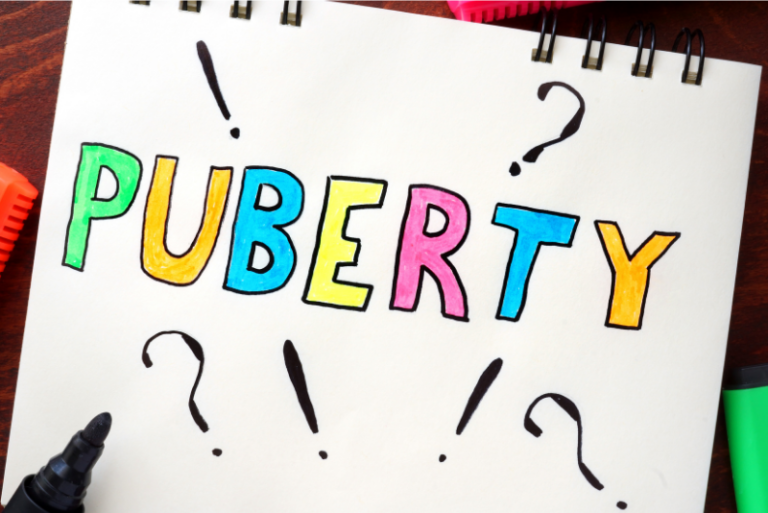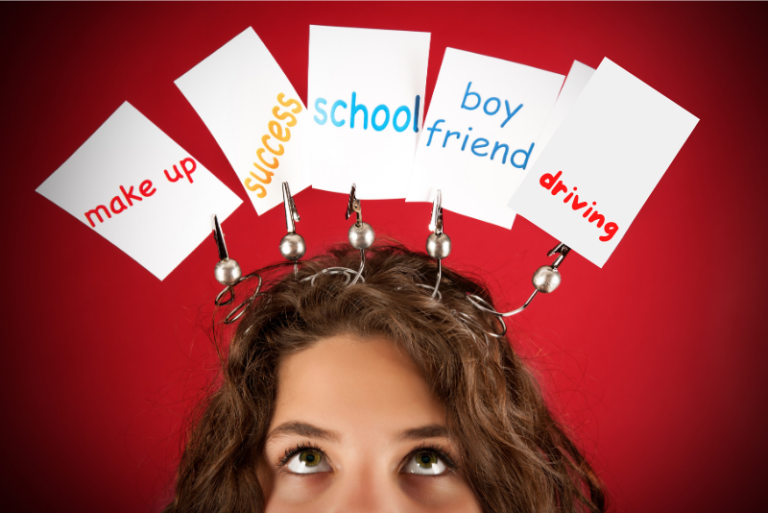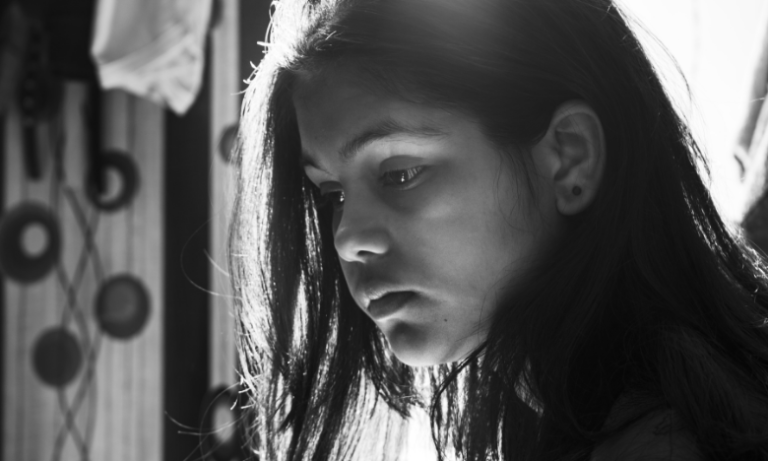
Puberty and Teenagers with LD or ADHD
Children with learning disabilities and ADHD go through the same biological process as their peers during puberty but the physical and emotional changes that come with puberty are likely to be magnified and harder to handle because their brains are not developing at the same rate as their peers’. Puberty and teenage is also a time of self-discovery and independence for teenagers. They might be reluctant to talk to you about their feelings and growing needs. Hence, it is imperative to create an environment where they feel comfortable talking to you and help them navigate through this tough phase.
Puberty and Teenage – Peer pressure
Some behavioural traits that were previously accepted by their peers might now evoke new reactions. For example, children may put up with someone who is continuously interrupting or is excessively touchy in lower grades. But around puberty, teenagers may start rejecting them, calling them “immature” or “annoying”. The affected teenagers can see that their friends are moving on, and they become desperate to create new friendships, some of which may not be necessarily healthy for them. This eagerness for acceptance may also make them a target for bullying or get them engaged in risky behaviour, like drinking alcohol or experimenting with sex earlier than usual or take part in dangerous challenges. If you notice such traits, be proactive and supervise your teens without making it evident to them, get them involved in after-school activities and keep tabs on them as far as possible but also give them their own space when needed.

Puberty and Teenage – Change in treatment
Hormonal changes and growth spurts during puberty may bring down the effectiveness of the ADHD medication. You may also notice that your child who cooperated in taking their medication earlier may now protest or rebel due to the severe physical and psychological changes. You may need to consult your doctor about changing the dosage or ask for alternative options.
Puberty and Teenage – Hygiene issues
During puberty, growth spurts mean that your teenager has more bodily hair, sweats a lot, and may get body odour or acne. Unlike their peers, teenagers with learning disabilities find it challenging to naturally acquire a proper personal hygiene regimen. They are also not self-aware, and they might not fully understand the social rules behind maintaining personal hygiene. Therefore, it is essential to educate them about the changes happening in their bodies and assure them that these are temporary. All teens go through them irrespective of their intellectual state. As parents, it falls on you to remind and guide them to follow basic hygiene rules, like washing hands, showering daily and washing their hair, etc. as they might have issues in communicating their needs.

For girls with learning disabilities, the onset of menstruation is an added concern. The approach to maintaining menstrual hygiene should be similar to their peers, but you will need to tailor the advice depending on the severity of the disability. They will require clear and direct information appropriate to their level of understanding. You can use books and images to make her understand. Prepare a checklist to help her remember the steps that she needs to follow: wearing a pad/tampon, the correct way of disposing the pads/tampons, washing her hands, etc. Also, remind her to change her pads frequently.
Puberty and Teenage – Sexual feelings
Learning disability or ADHD makes it harder for teens to understand the changes taking place in their body. Couple that with sexual feelings and they become more confused. Without adequate sex education, they are at risk of exploitation, contracting sexually transmitted infections and unplanned pregnancies. There are several reasons why teens with learning disabilities are at higher risk of exploitation; misinformation about sex from peers, lack of understanding about their changing bodies, increased dependency and trust on others, limited social interactions, etc.
Positive sex education is the key to making them aware and protects them from any harm. Note that male and female children with learning disabilities need to be provided with different types of information and instructions. Start with some necessary information and gradually introduce them to new topics as they grow. They may not realise when someone shows interest in them or vice versa; teach them to express their feelings, foster self-esteem and also teach them to accept rejection. Teach them about their changing bodies and proper names of their genitals. Let them have a positive body image. It is imperative teens are taught how to say no (to unwanted advances) and not conform to other’s demands. They should be aware of appropriate behaviour in public and private. Open communication is vital during this challenging phase of your teenage child. Aim at striking a balance by respecting your teenager’s need for privacy and keeping the line of communication open.